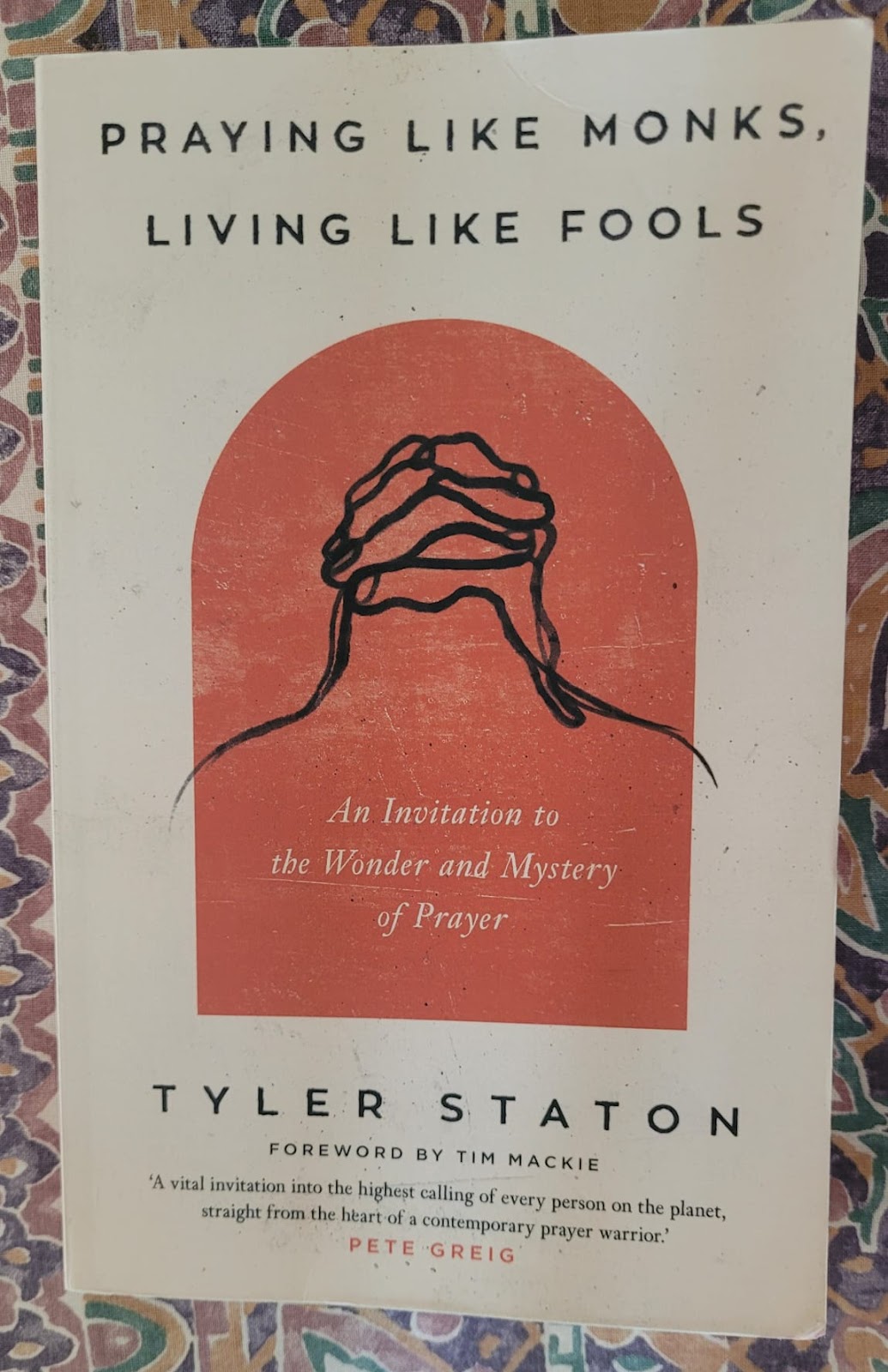In the summer of 1979, "I Don't Like Mondays," a song by Irish new wave group the Boomtown Rats about the Cleveland Elementary School shooting in San Diego became the sixth-biggest hit of the UK in that year.
According to
Geldof, he wrote the song after reading a telex report at Georgia State
University's campus radio station, WRAS, on the shooting spree of 16-year-old
Brenda Ann Spencer, who fired at children in a school playground at Grover
Cleveland Elementary School in San Diego, California, on 29 January 1979,
killing two adults and injuring eight children and one police officer. Spencer
showed no remorse for her crime; her explanation for her actions was "I
don't like Mondays. This livens up the day". Her flippant response attracted a lot of media
attention and inspired the song.
On Friday last
at St Andrew’s Discussion Group, we were exploring a familiar passage from
Ephesians 6. 10-20, known as ‘The Whole Armour of God.’
The question
in my mind and one we circled back to several times relates to verses 11-12. ‘Put
on the full armour of God, so that you can take your stand against the
devil’s schemes. For our struggle is not against flesh and blood, but
against the rulers, against the authorities, against the powers of
this dark world and against the spiritual forces of evil in the heavenly
realms.’
Could it be
that when a human does something that is so horrific, particularly to another
human, that we struggle to process that action as having any ‘human origin?’ Therefore,
its source must lie outside – ‘the powers, rulers and authorities – the devil,
the Satan.’
One of the golden
rules in any prison visiting is not to ask about the reasons why someone is in
prison or why they did what they did. That
all makes good sense in a prison setting. And yet I think we would like to know. We would like to know so that we might have a better insight and able to process what happened and possibly why. Maybe,
with such an insight we might be able to take measures to try and avert a
repeat of whatever happened.
And isn’t it
almost intuitively that we say to child who has hurt someone, ‘why did you do
that?’
Means – Motive
– Method.
‘Now, not
many children I have come across, would blame an outside ‘force’ – certainly not
a demonic force active in the heavenly realms. They may for certain blame
someone else who goaded them, or encouraged, or even bullied them into doing
something wrong.
Chillingly, for some, it is simply because 'they don't like Mondays.'
And there are those who do blame an agency ‘outside of themselves.’ Firstly, mental health/illness must come into play here in seeking a better understanding.
But as a reader of the Bible, and as someone who seeks to live within
the framework of the Scriptural Narrative, the Satan, the powers, ruler and authorities are clearly very much part of the story.
But what authority
and what power do these forces have?
We read in,
Matthew 28.18 And Jesus came to them and said, “All authority in heaven and
earth has been given to me.”
Ephesians 6
comes as a summation of Paul’s argument throughout this letter and in Ephesians
2.6 we read, ‘For he raised us from the dead along with Christ and seated us
with him in the heavenly realms because we are united with Christ Jesus.’ Allow that thought to sink in deep - united with Christ ‘who has all authority in
heaven and on earth!’
There is a
lot, an awful lot more to be said, explored and discussed than is possible in a
short reflection like this.
And I would
like to encourage such a deeper exploration of what it might mean when we say, ‘For
our struggle is not against flesh and blood, but against the rulers,
against the authorities, against the powers of this dark world and
against the spiritual forces of evil in the heavenly realms.’
Working
within this paradigm can help us look behind the ‘evil actions’ that some
people do. We are encouraged to see a
broader, bigger and fuller picture. Engaging
with the full corpus of the Scriptures can help us to see more clearly the
bigger picture.
We do
however need to be carful that such a thinking on our part does not give
everyone an automatic ‘Get Out of Jail Free’ card. There still must be a place for culpability
and taking responsibility. This is in part, what the Sycamore Tree course
explores, coupled with restorative justice. Sycamore Tree -
Prison Fellowship
Above all, an engagement with the Scriptures will inform us that everyone is made in the image of God – the Imago Dei.
This Imago
Dei, this ‘child of God, may be wicked, damaged, broken, brutalised, and yes,
maybe under some sort of demonic force – but surely never, ever beyond
redemption. Never, ever beyond hope of
becoming a full, flourishing human being.
Who, along with us, can stand clothed with the full armour of God on Monday or any other day.
Clothed so that we can withstand the ‘enemy’ – who only comes to steal and to
rob, to bring pain and misery and imprisonment and enslavement.
"I Don't Like Mondays,"
https://youtu.be/SaHAvEEbQOE?si=GnOCHb-BgytskUUy













